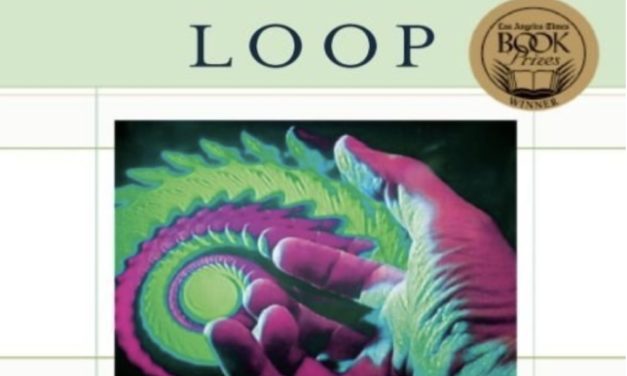The Matter With Things: Our Brains, Our Delusions and the Unmaking of the World
Is the world essentially inert and mechanical – nothing but a collection of things for us to use? Are we ourselves nothing but the playthings of chance, embroiled in a war of all against all? Why, indeed, are we engaged in destroying everything that is valuable to us?
In his international bestseller, The Master and his Emissary, McGilchrist demonstrated that each brain hemisphere provides us with a radically different ‘take’ on the world, and used this insight to deliver a fresh understanding of the main turning points in the history of Western civilisation.
In this landmark new book, Iain McGilchrist addresses some of the oldest and hardest questions humanity faces – ones that, however, have a practical urgency for all of us today. — amazon.co.uk




